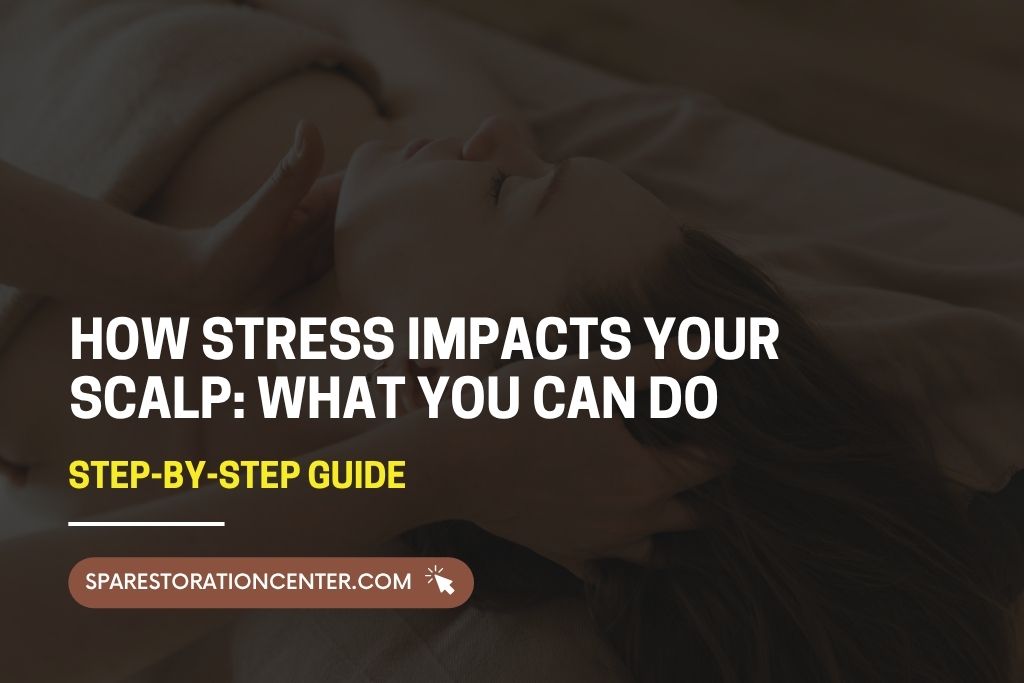
How Stress Impacts Your Scalp: What You Can Do
Stress doesn’t just affect your mind and body, it can also affect your hair and scalp.
When your body experiences stress, it produces a hormone called cortisol. Cortisol helps you handle short-term stress, but if levels stay high for a long time, it can disrupt your natural hair growth cycle.
This can cause a type of hair loss called telogen effluvium.
- More hair than usual falls out
- Hair follicles enter a resting phase too early
Many people notice shedding a few months after a stressful event, which can make it hard to connect hair loss to stress.
In this guide, we’ll explain:
- How stress and cortisol affect your scalp and hair
- Signs of stress-related hair thinning
- Ways to restore healthy hair growth
You’ll also learn how lifestyle changes, proper nutrition, and spa treatments can help your scalp recover and promote strong, vibrant hair.
What Is the Connection Between Stress and Hair Loss?
The connection between stress and hair loss is mostly hormonal.
When you are physically or emotionally stressed, your body produces hormones like cortisol. The fight-or-flight response is helpful for immediate survival, but constant stress keeps cortisol levels high.
High cortisol can interfere with the normal hair growth cycle. This causes more hair follicles to enter the resting (telogen) phase than usual.
This imbalance can lead to telogen effluvium, a common type of hair loss caused by stress.
- You may lose more hair than the normal 100 hairs per day.
- Hair shedding usually becomes noticeable several months after a stressful event.
Because stress affects hair growth with a delay, it can be hard to realize stress is the cause.
Managing stress is important to restore balance and support a healthy hair growth cycle.
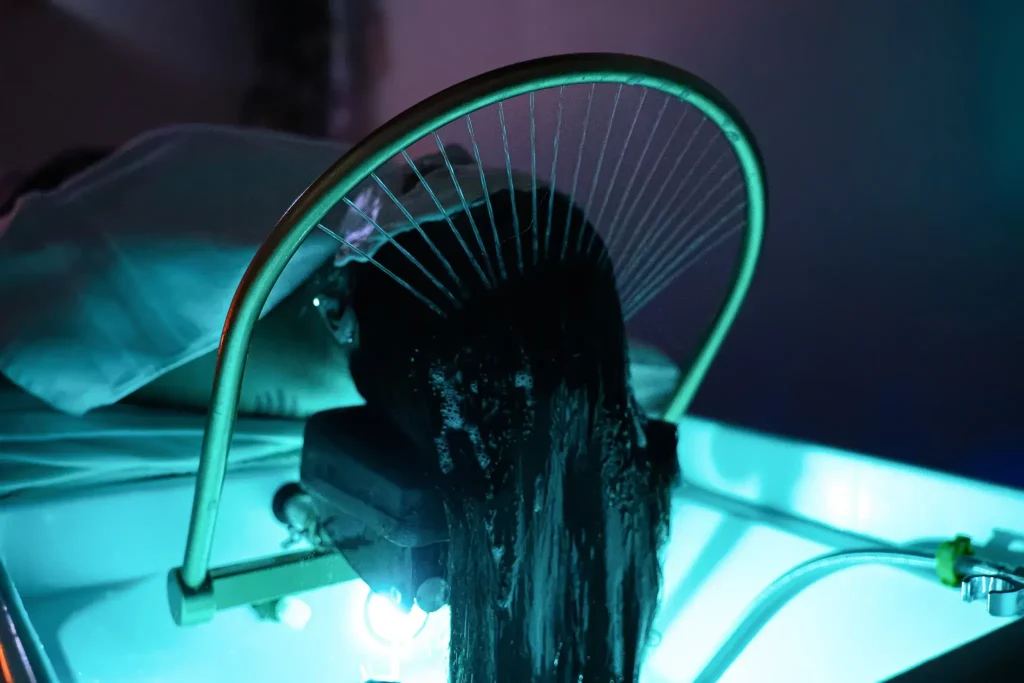
How Does Cortisol Impact Scalp Health?
Cortisol is the stress hormone and plays a central role in the body’s reaction to stress. While needed in moderate amounts, chronic high cortisol can affect overall health, especially the scalp.
Understanding its effects can help prevent and treat stress-related hair loss and promote a healthy scalp environment.
Role of Cortisol in Stress Response
During stress, cortisol is the main hormone released. It is produced by the adrenal glands and helps the body:
- Generate energy
- Improve focus and concentration
- Control blood pressure
- Manage sleep-wake cycles
- Temporarily reduce inflammation
When stressed, the body prioritizes survival over non-essential activities, like hair growth.
While these effects are helpful short-term, constant high cortisol keeps the body in “alert mode,” which interferes with normal processes, including the hair growth cycle.
Effects of Cortisol on Hair Follicles
High cortisol affects hair follicles, the tiny structures in the skin where hair grows. Too much cortisol can make follicles enter the resting (telogen) phase too early, shortening the growth (anagen) phase. This causes more frequent shedding.
High cortisol can:
- Shorten the growth period (anagen)
- Push follicles into the resting stage (telogen) prematurely
- Weaken follicle structure
- Reduce production of growth proteins
Weakened follicles can’t produce healthy hair. Over time, high cortisol reduces hair density and volume, a common cause of stress-related hair loss.
Impact of Cortisol on Scalp Blood Flow
Proper blood flow is needed to deliver oxygen and nutrients to hair follicles. Cortisol can constrict blood vessels in the scalp, reducing circulation.
This results in:
- Less oxygen for follicles
- Reduced nutrient delivery
- Slower removal of waste
Poor circulation slows natural hair growth and can speed up hair loss. High cortisol creates conditions that make regrowth harder.
Cortisol-Induced Inflammation and Scalp Health
Although cortisol reduces inflammation short-term, chronic stress can cause low-grade inflammation over time. This can affect the scalp and hair follicles.
Effects may include:
- Chronic inflammation
- Irritated scalp skin
- Worsened dandruff or dermatitis
- An unhealthy environment for follicles
Inflamed follicles lose functionality, which adds to hair loss. Stress can also worsen conditions like psoriasis or seborrheic dermatitis, further disrupting hair growth cycles.
Managing Cortisol for Healthy Hair Growth
Managing cortisol is important for reversing stress-related hair loss. Reducing stress can restore hair growth and improve scalp health.
Helpful strategies include:
- Regular physical activity
- Good sleep habits
- Mindfulness or meditation
- A balanced, nutrient-rich diet
Consistently managing stress signals your body that it’s safe, allowing normal functions like hair growth to resume. Over time, these steps can restore the hair cycle, reduce shedding, and improve regrowth.
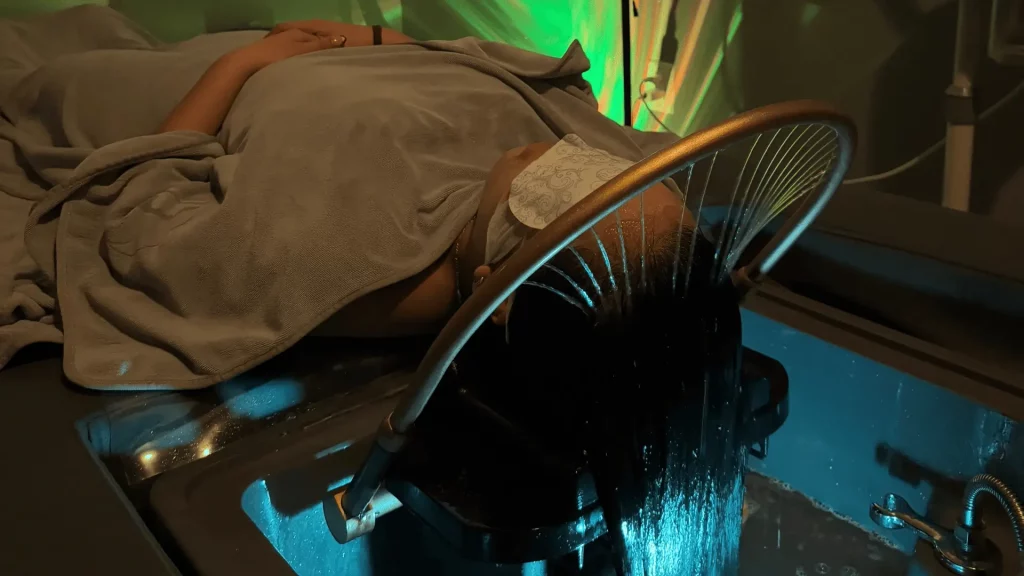
What Are the Signs of Stress-Related Hair Thinning?
One of the most noticeable signs of stress-related hair loss is areas of thinning hair.
Telogen effluvium is a common stress-related condition. It usually happens about three months after a major stressful event. You might notice:
- Excessive hair on your pillow
- Hair in the drains
- Hair on brushes
Unlike genetic baldness, stress-related hair loss usually affects the entire scalp evenly.
Other signs include:
- A lighter, thinner ponytail
- More scalp showing through hair
- Lower hair volume
The good news is that this type of hair loss is usually temporary. Once stress is managed, hair follicles typically start growing normally again.
How Can You Reverse Hair Loss from Stress?
To address stress-related hair loss, you need to manage stress and support hair growth.
Start by identifying and reducing stress in your life. Some helpful strategies include:
- Mindfulness and meditation
- Yoga and exercise
- Getting enough rest and sleep
Supporting hair repair and growth also means getting the right vitamins and minerals:
- Iron
- Zinc
- Protein
- B-vitamins
In some cases, a doctor may recommend supplements if your body has deficiencies. Remember, it can take several months to see noticeable hair regrowth.
Can Spa Treatments Help Restore Scalp Health?
Spa treatments can help both your scalp and hair growth. Professional treatments focus on common scalp issues, such as:
- Removing product buildup and excess oil
- Soothing inflammation
- Rejuvenating and nourishing the scalp
Scalp massage is especially helpful because it improves blood flow and delivers nutrients and oxygen to hair follicles.
Conclusion: Refresh Your Hair at Spa Restoration
Hair loss from stress is usually temporary and closely linked to high cortisol levels.
Excessive shedding can be managed with:
- Stress reduction
- Healthy lifestyle changes
- Professional scalp care
Taking action now can restore your hair’s natural strength and appearance.
Book a session at Spa Restoration Center to give your scalp and hair the care they need. Start your journey toward healthier, stronger hair and renewed confidence today!
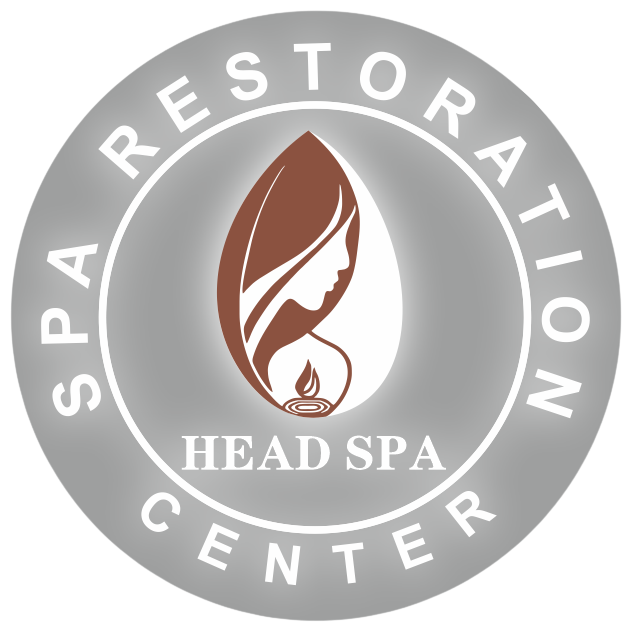
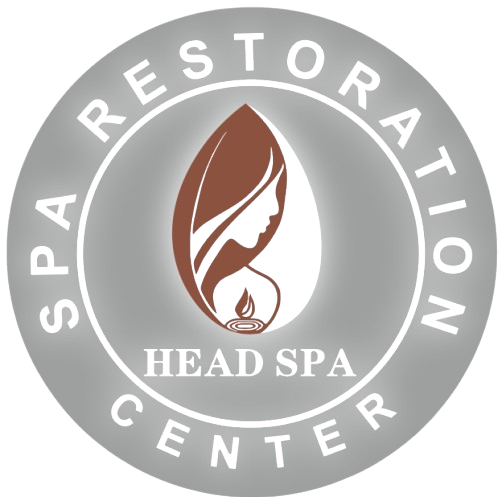
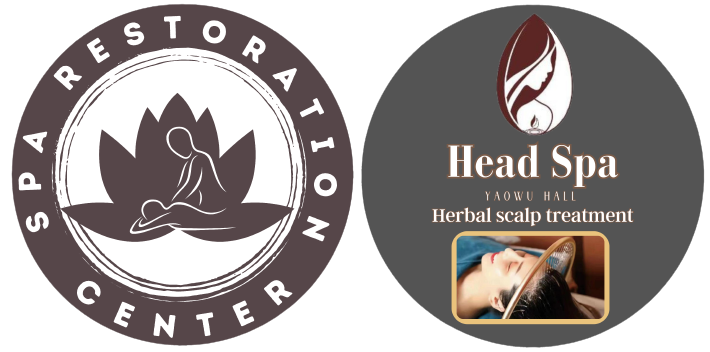
Leave a comment